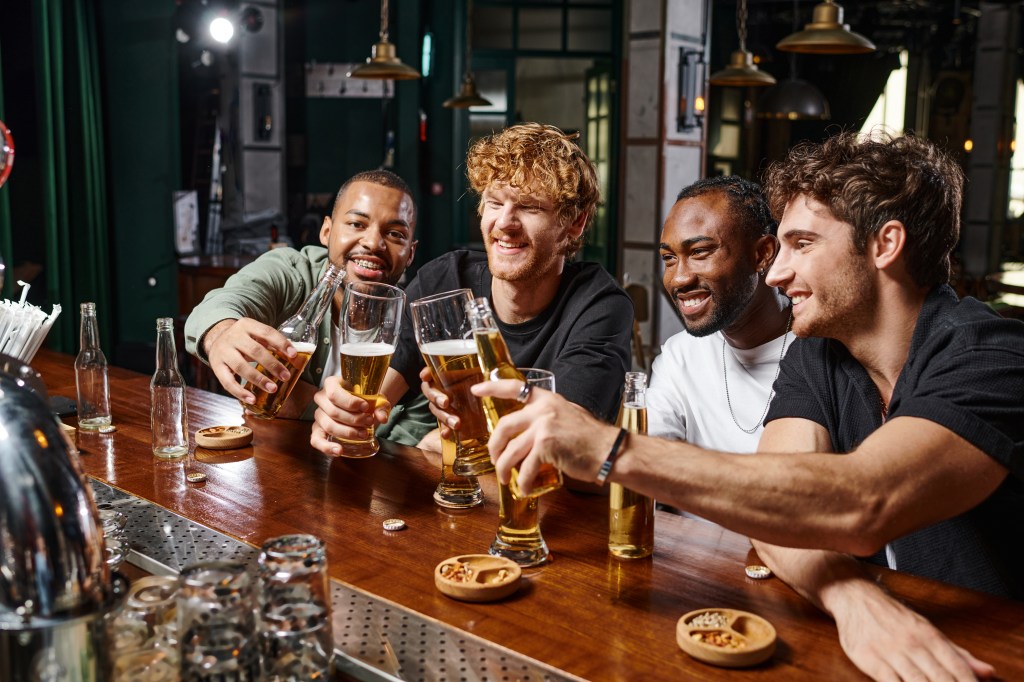New circumstances fuel recovery optimism
The fasting month of Ramadan and the subsequent Eid-ul-fitr celebration are key sales opportunities for FMCG manufacturers and retailers in majority Muslim countries. Historically, FMCG sales typically spike by up to 30% in Indonesia, 15% in Malaysia, 20% in Turkey, 11% in the Kingdom of Saudi Arabia (KSA) and 6% in the United Arab Emirates (UAE) during the month of Ramadan compared to normal retailing weeks.
In “normal” years, the FMCG sales boost seen during Ramadan and Eid is driven by increases in the sale of food and beverage categories, as family and friends break their fast together. Ramadan 2021 will be the second one observed amidst the COVID-19 pandemic — with last year’s panic buying and stockpiling in March having negatively impacted festive sales in April and May.
This year, under the backdrop of more relaxed restrictions, vaccine optimism and the end of panic buying behaviour, festive sales prior to and during Ramadan are poised for recovery.
Festive growth will be driven by in-home consumption
Ramadan and Eid are marked by the family and community gathering to pray and break their fast together. Iftar (breaking of fast) meals can often be elaborate affairs, driving the sales of key food and beverage categories.
To demonstrate the significance of the season, in 2019, the top 5 Ramadan categories experienced a sales increase of around 10% in Indonesia, 18% in Malaysia, 20% in Turkey, 14% in Saudi Arabia and 2% in UAE compared to the previous year. In 2020, however, restrictions and stockpiling stunted these expected rises in these countries.
While this Ramadan and Eid will not be marked by the heavy restrictions seen last year, limits on gathering sizes still remain, and health conscious consumers will prefer to dine at home rather than eat in at restaurants – leading to a rise in home cooking and food delivery services.
Capturing the consumer wallet by reflecting today’s reality
With meals that center around the home and that are smaller in scale, capturing festive Ramadan FMCG sales growth this year will require a new strategy. Manufacturers and retailers should adjust their assortment and pack size to market as celebrations this year prove to be smaller in scale or virtual.
In Turkey, for example, one in four people say they attended virtual Ramadan gatherings last year, and this trend is expected to continue this year as families and communities remain socially distanced. In Malaysia, consumers who want to avoid crowded Ramadan bazaars may want to recreate their favourite Ramadan dishes at home. Retailers can come up with DIY meal kits containing ingredients that shoppers can either buy in-store or have delivered to their home.
Financially constrained and financially insulated consumers will spend differently
The pandemic has impacted consumers differently, and spending is driven by four distinct consumer groups. Newly constrained, existing constrained and cautiously insulated consumers are streamlining their budgets and have become more discerning about what, where, when and how they purchase products. Conversely, unrestricted insulated consumers do not feel the need to watch what they spend.
In Malaysia, Turkey, and UAE, constrained and cautiously insulated consumers make up 97%, 99%, 98% of the population, respectively. Manufacturers and retailers must adjust their offerings and promotions to take into account these segments. Simultaneously, the small percentage of unrestricted insulated consumers, who may want to use freed up budgets to indulge in more premium offerings cannot be ignored.
No “one size fits all” for promotions
As retailers and manufacturers plan for Ramadan, it’s important to note that there is no “one size fits all” formula that works for promotions across countries and/or categories. Price cuts are not always the best promo mechanism that shoppers respond to. For example, shoppers in Turkey favor on-pack promotions such as “Buy 3 Pay 2” or “25% Overfill”, while shoppers in UAE prefer bulk offers and special packs. Malaysians respond to banded promotions, while Indonesian and KSA shoppers respond to price discounts.
To enjoy a meaningful uplift in festive Ramadan sales this year, retailers and manufacturers must understand what promotions and assortment are the best fit for shoppers in their category and respective market. By understanding and catering to today’s changed consumer landscape, retailers and manufacturers can create not only more loyal customers, but also significant incremental sales.
Methodology:
Insights in this article are derived from:
- NielsenIQ Retail Measurement Services
- NielsenIQ Global Survey “Unlocking Consumption” December 2020/January 2021
- NielsenIQ Consumer Insights




